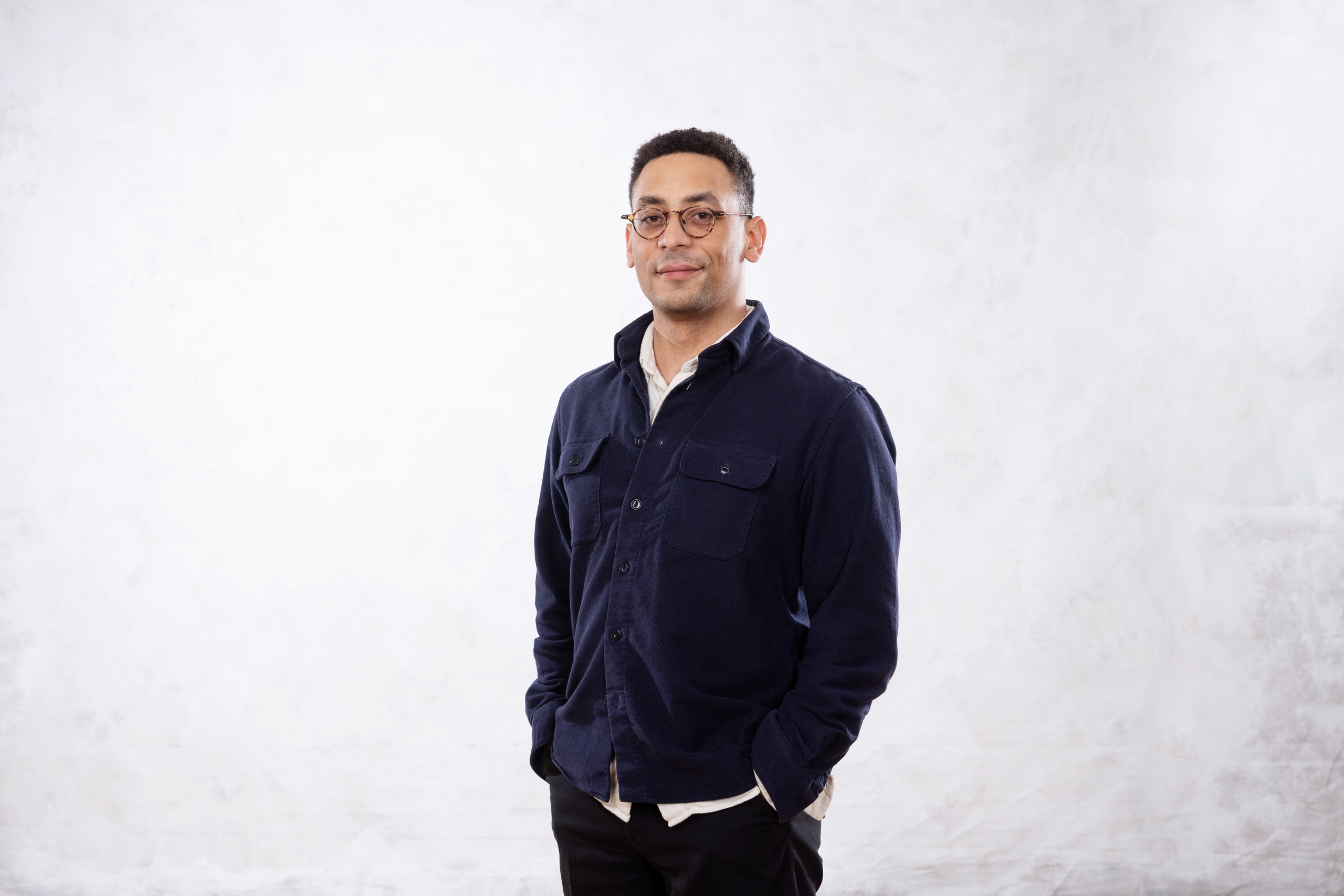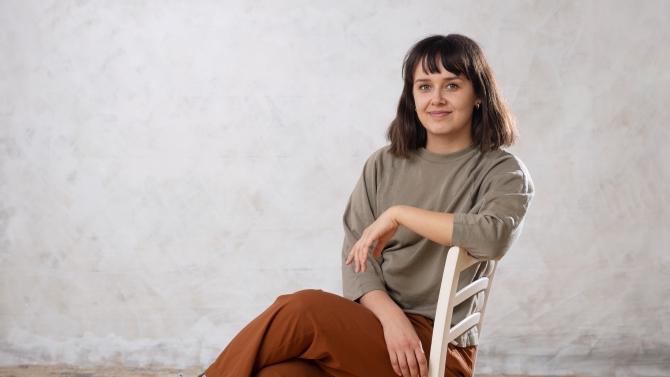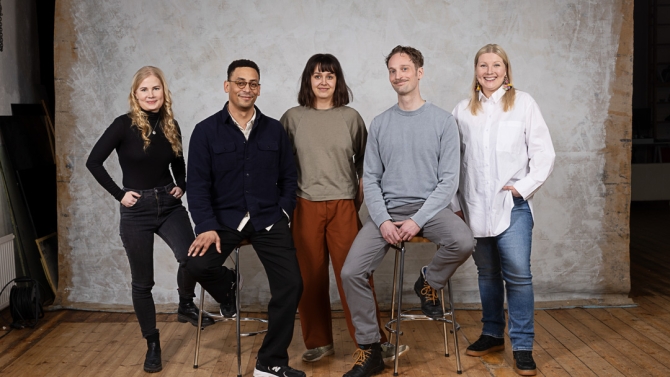
What is your professional background? How did you end up working in filmmaking?
After dropping out of economics school at 17, I began attending a center for aimless and troubled youth. A kind lady recommended an art school in a nearby small town where I could also study film. I applied, even though ’at the time I had no particular interest in film.
Though accepted, I quit after two years because in my experince the environment was so hostile. Eventually, I completed the program and chose to pursue my own path. For the following years, I considered myself a lone wolf, making short films virtually on my own, until I met a fellow film enthusiast named Kim Ekberg.
Why/how did you decide to apply for the Kehittämö Program and what do you expect from the program?
The choice to apply to AVEK’s program was obvious for someone in my position. It has a lot to do with the prevailing situation in Finland, which, in my perspective, is not very understanding towards films that don’t adhere to conventional film structures and narrative styles. For this reason,many, including myself, have given up trying to seek funding through traditional channels.
However, the introduction of the Kehittämö Program has hopefully altered this dynamic somewhat, offering a more conducive environment for filmmakers to retain their honor and integrity while producing feature films. Consequently, I expect the program to provide a supportive platform for the development and realization of innovative and unconventional projects.
What are the things you want to develop specifically in your own work?
I yearn to become more fearless. I have lived my entire life in fear, and it disgusts me. But as I age, I’ve noticed some fears fading away, greatly benefiting my work. I believe I can consciously shed even more fear. For instance, I no longer feel my fear of death has the same crippling grip on me. It also feels tremendous to not care so much about what people think of my films.
Tell us more about your project – how did you come across the topic and what is the piece about?
The script is loosely based on my grandfather’s memoir, which consists of a collection of somewhat banal anecdotes from his life. He lived in a rural area, had animals, and worked as a truck driver. He was the type of person who knew everyone and had many stories to share. The film is essentially divided into two parts, where the second part is more focused on present-day Helsinki, attitudes and emotions on the streets, derived from my dreams and memories from hospital visits, library visits, and perhaps my experiences with institutions in general.
Has the Kehittämö Program been what you imagined so far when you initially applied?
The Kehittämö Program has largely been what I expected.
How do you think your own project’s process in the Development Program has progressed up to this point?
It has progressed fairly well. Developing a script is, of course, a peculiar thing. There are no rules, but still, I constantly seem to encounter people who try to remind me of all kinds of unwritten rules that I don’t always agree with. For instance, that a script needs to be clear about what it’s trying to convey. In my opinion, a film with a clear message is the most boring thing imaginable. A total waste of time.
What kind of films or other art forms/filmmakers inspire your own work? You can mention a couple of examples of works that have particularly influenced your work.
There are some filmmakers and artists that have had an impact on me. Anne Carson, Brigitta Trotzig, Clarice Lispector, Charles Burnett, Frantz Fanon, Madlib, Bruegel, Carl Theodor Dreyer and Jacques Tati, to name a few.
What kind of topics or themes are you interested in addressing in your pieces?
I’m interested in addressing that which is possible to communicate, and that which (seemingly) is impossible to communicate.
How would you describe your artistic style or what artistic choices inspire you?
I see myself as a failed football player who entered the world of cinema with an open and possibly a very naive mind. I never know what leads me to make certain choices, and I’ve tried my best to keep it that way. Afterwards, it sometimes becomes more or less apparent how certain things came about. But I never really spend time contemplating it, so I couldn’t tell you.
How do you develop your own work and strive to find new ideas/topics/approaches for your work?
I live my little life and observe the world. I try to talk with my mother at least once a week. Then every now and then, I make a film, often about a relative or close friend or about waves crashing onto the shore. There’s very little, if any, intellectual or conscious thought involved.
There’s a joke that the brilliant comedian Norm Macdonald used to say; it went: “Where do you get your ideas from?”
Kehittämö – Talent Development Lab is a new development programme by AVEK and the Finnish Cultural Foundation, the aim of which is to strengthen the personal voices of the most talented filmmakers of their generation and create new audiovisual works of the highest quality. Authors selected for the programme receive a €55,000 grant to develop their work, as well as personal mentoring from top international professionals in the field.
Kehittämö is made possible with financial support from the Finnish Cultural Foundation, and the programme is implemented by AVEK. Half of the funding for the programme comes from the Finnish Cultural Foundation and half from AVEK’s compensation for private copying.


